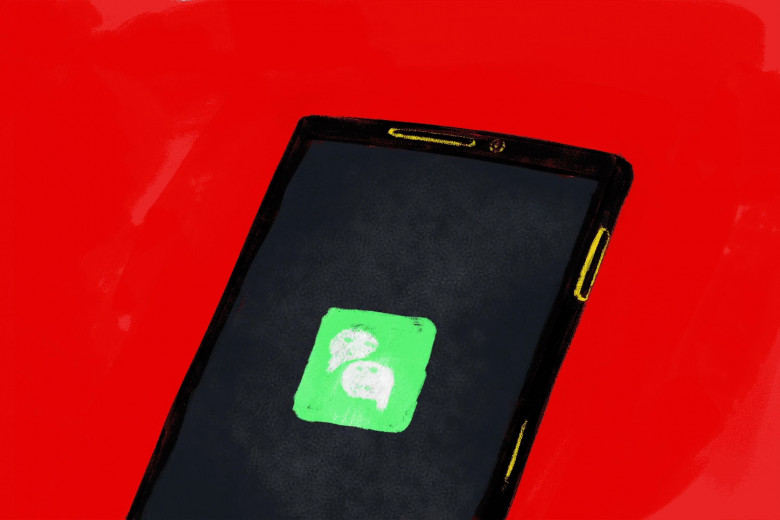How WeChat came to rule China
China’s most popular messaging app, WeChat, has always had a close relationship with the Chinese government. The app has been subsidized by the government since its creation in 2011, and it’s an accepted reality that officials censor and monitor users. Now, WeChat is poised to take on an even greater role: an initiative is underway to integrate WeChat with China’s electronic ID system.
It may be hard for people outside of China to grasp just how influential WeChat has become there. “For all intents and purposes WeChat is your phone, and to a far greater extent in China than anywhere else, your phone is everything,” wrote Ben Thompson, consultant and founder of the blog Stratechery. “There is nothing in any other country that is comparable: not LINE, not WhatsApp, not Facebook.”
Founded in 2011 and owned by Tencent, WeChat has 902 million daily users, and about 38 billion messages are sent on the platform every day. Last year, Tencent added mini-apps to WeChat, creating an app store of sorts: inside WeChat, you can play games, pay bills, find local hangouts, book doctor appointments, file police reports, hail taxis, hold video conferences, and access bank services. State-run media and government agencies also have official WeChat accounts, where they can directly communicate with users. (Tencent is a content partner of The Verge in China.) WeChat’s dominance is aided by the government, which has censored Facebook Messenger since 2009, blocked the South Korean-owned Line app in 2015, and banned WhatsApp last year.










































































